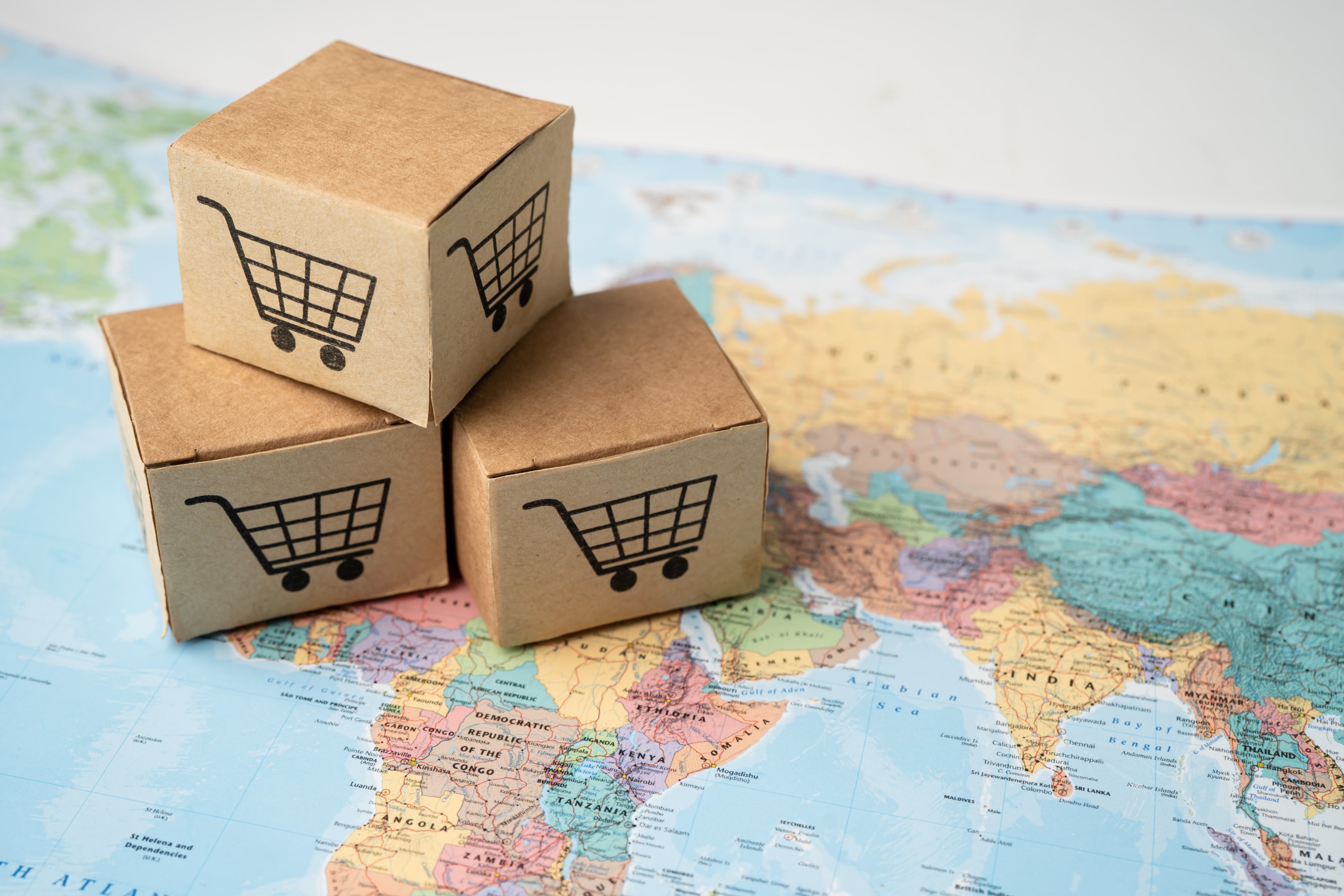Unraveling and Navigating the Threads of the Future of Global Trade
11 October 2023•
Dear reader,
Welcome to Lucidity Insights’ special report on the Transformation of Trade, supported by DP World.
I am delighted we were able to contribute our insights into the ever-changing word of trade that has a profound impact on the way we live.
Trade is a vital lifeline of the global economy, but it is affected by geo- and socio-political tensions, that push and pull it, often in unexpected directions. Understanding its inner workings is not just important to businesses like DP World, but for every business that produces, moves, and sells goods and services, whether large or small. International trade has outpaced global GDP over the past 60 years, and in 2021 it accounted for nearly a quarter of the global economy. Over those past 60 years, trade has truly become a global affair, helping lift hundreds of millions out of poverty. In fact, developing countries contribute nearly half of all global trade today, with access to markets that were never possible before.
Yet the unprecedented supply-shocks that the world has endured over the past few years from COVID-19 to the war in Ukraine have exposed the fragility of international trade networks. The response has been the implementation of strategies such as localisation, ‘near-shoring’ and ‘reshoring’ as businesses seek to reduce trade volatility by shortening their supply chains.
DP World's Bold Initiatives
As DP World’s global presence has grown, we have become one of the largest end-to-end, smart logistics solutions providers with presence in every corner of the world. That global perspective on international trade puts us in a unique position to provide insight on how trade is changing the world. And our focus on technology will help drive those changes, making trade faster, more efficient and more resilient. Our commitment to innovation has led to the creation of technologies such as the BOXBAY – a revolutionary system for storing containers, creating 200% more capacity in a smaller footprint than a conventional container yard, and designed to be fully powered by solar energy.
The same focus is also driving us to look at the efficiencies across the supply chain. The UAE is an ideal testbed for pioneering technologies and IoT proof-of-concepts that could revolutionise the way ports work. And soon, we will boost all of our operations with our platform in the metaverse, which will allow us to create applications for container and vessel inspections, simulations of warehousing and terminal operations, and digital twins for wider marine and logistical offerings.

As you will see, we have made efforts to ensure this special report provides a valuable resource for anyone that wishes to get an up-to-date snapshot on the health of our global economy. But we have also helped to paint a picture that balances between the contextual and contemporary, providing history on the growth of international trade, a fuller understanding of the intricate networks that hold it all together, what technologies have helped to navigate the challenges our supply chains have faced in the past three years, as well as how digitalisation will shape the future of trade.
I hope you gain the valuable insight that this special report was intended to provide.

%2Fuploads%2Finnovations-international-trade%2Fcover8.jpg&w=3840&q=75)